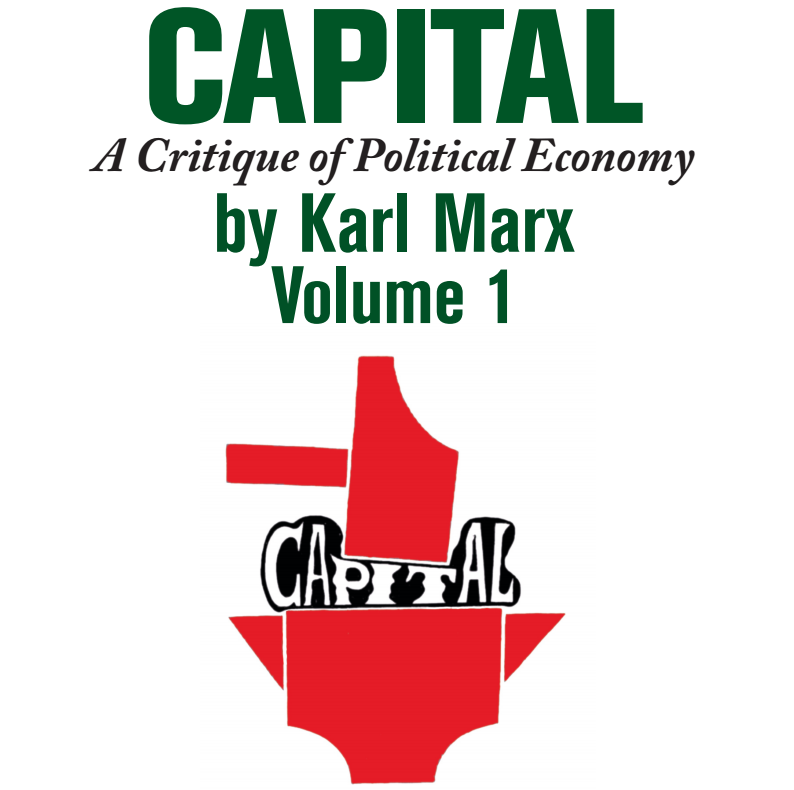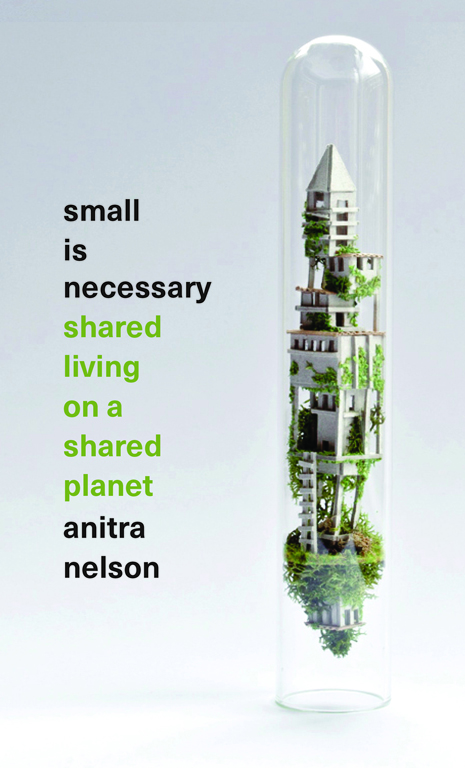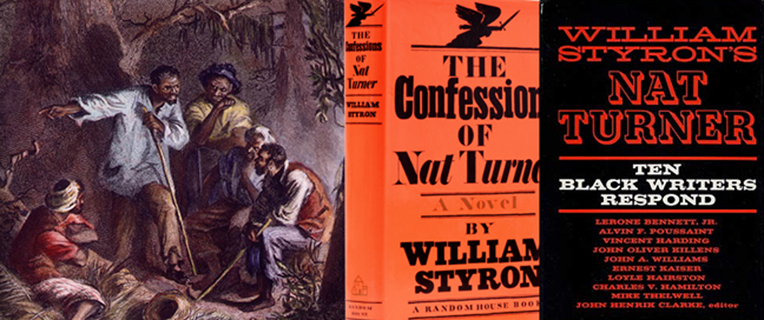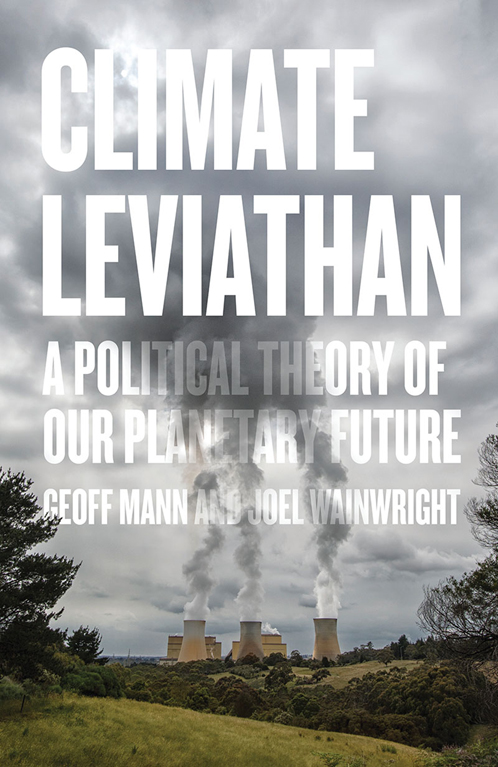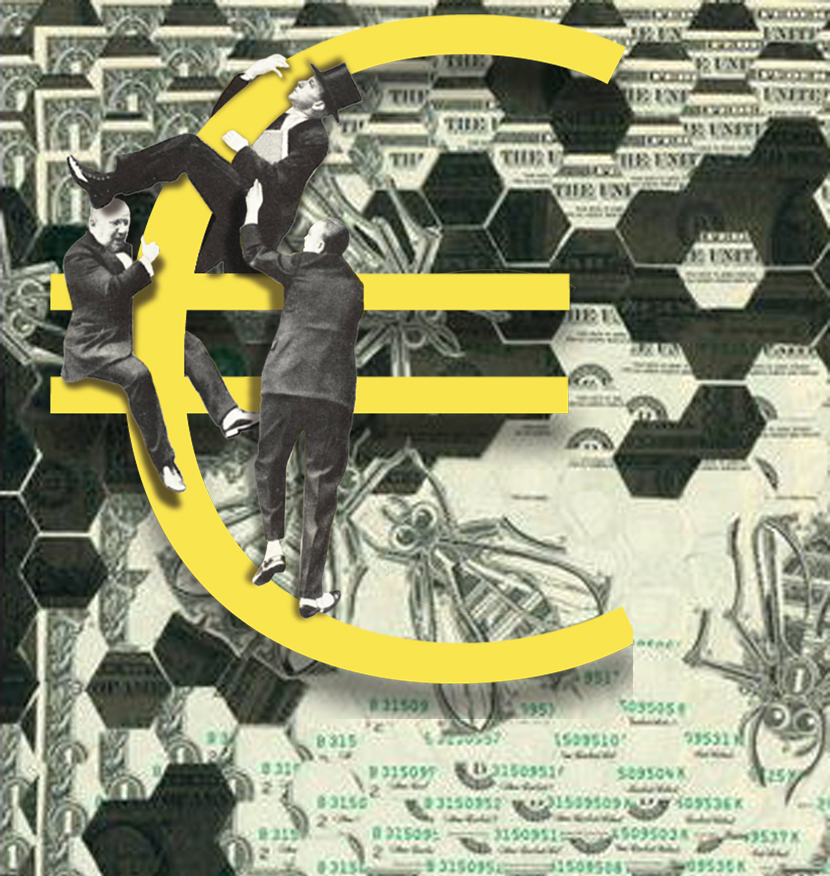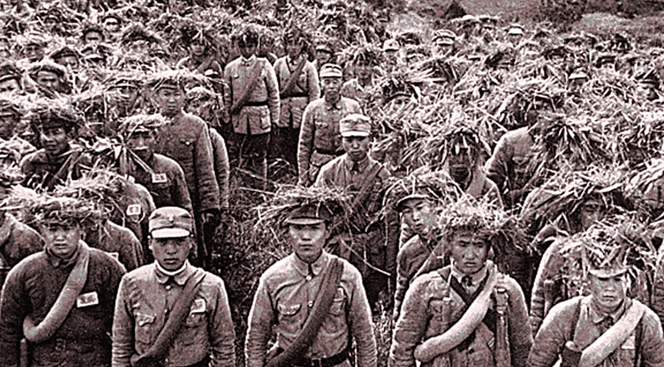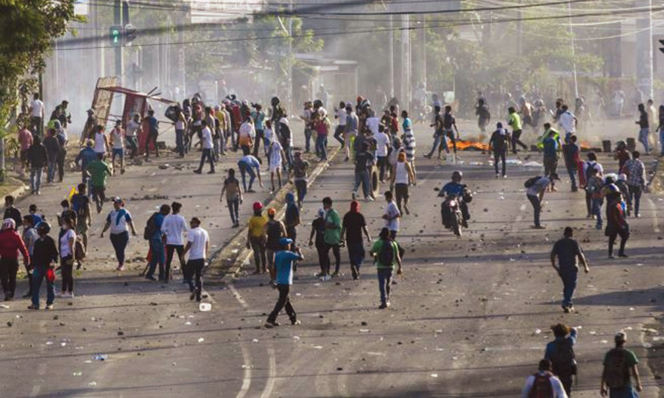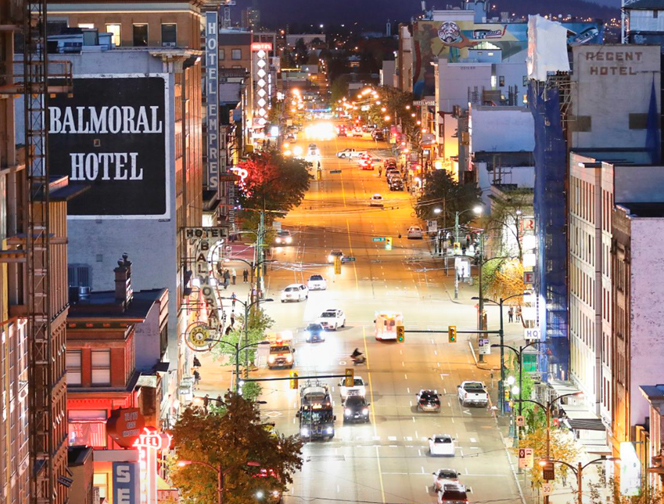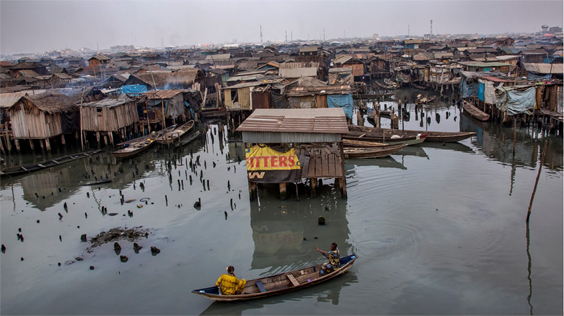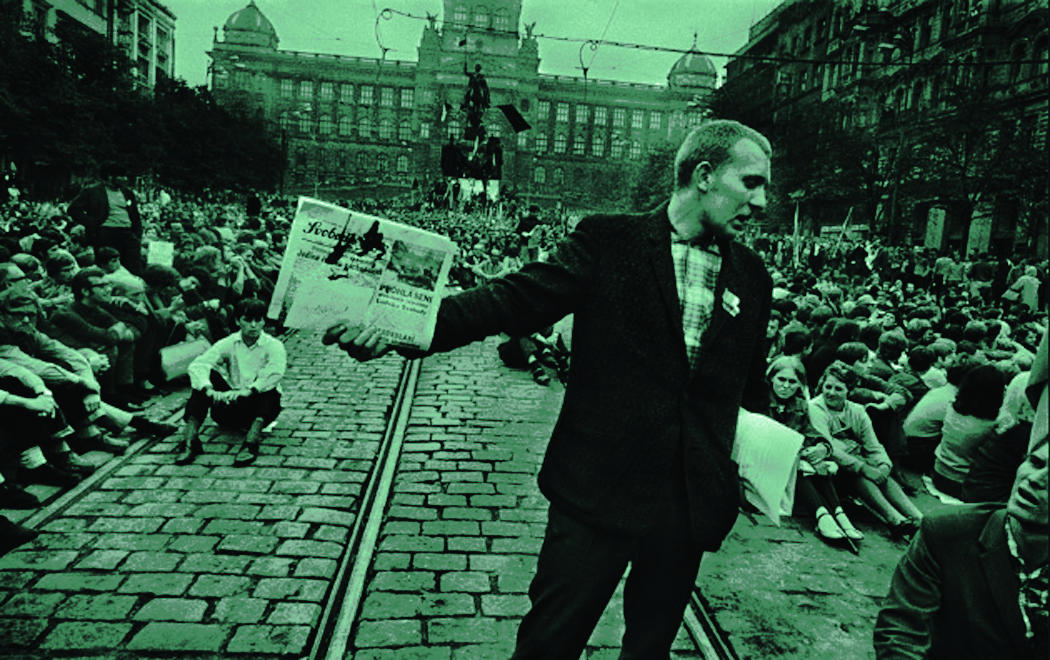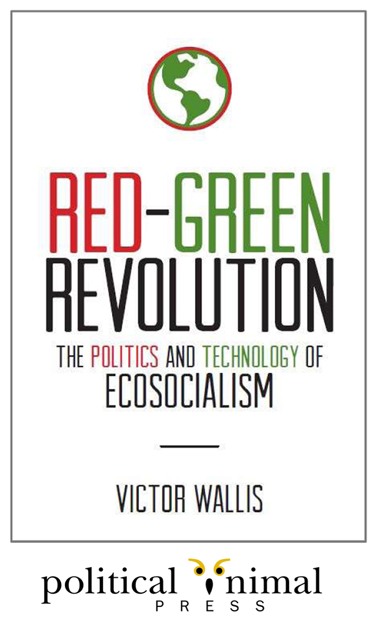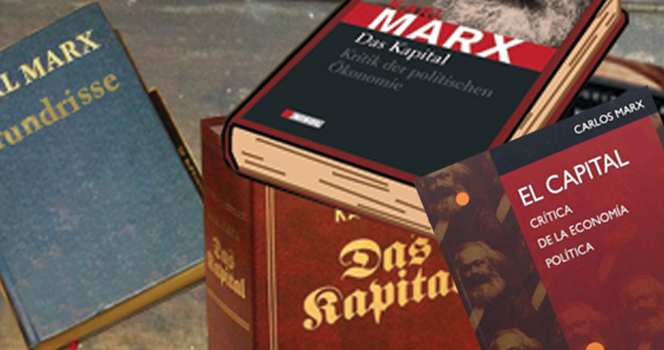Capital: Volume 1
This group will meet each Saturday to discuss Volume One of Capital. There will be a close reading of the text. All questions on each section will be addressed and the reading discussion leaders will be prepared to assist between sessions on areas that may be difficult to understand.
Small Is Necessary
New Perspectives Theatre 456-458 West 37th Street, New York, NY, United StatesThis new book advocates not only for smaller dwellings in compact settlements but for shared spaces and facilities. Anitra presents a range of practical options from co-living in a household to co-housing and eco-villages. DUE TO A GENEROUS CONTRIBUTION, THIS IS NOW A FREE EVENT!
Styron’s Confessions of Nat Turner
In Styron's novel and in the response from 10 African-American writers, numerous questions concerning race, class, the rendering of historical presentation, claims on sectors of our shared history, etc. are raised. We will discuss as many of these questions as possible including having a careful read of James Baldwin’s essay concerning the work and subsequent controversy.
Climate Leviathan
How will anthropogenic climate disruption transform alter the world’s basic political arrangements? In their new book Climate Leviathan, Geoff Mann and Joel Wainwright warn that global warming will push capitalist elites toward an authoritarian imposition of “planetary sovereignty” to confront the crisis.
The Political Economy of Money and Finance
This reading group will undertake a close reading (over 10 weeks) of Costas Lapavitsas and Makoto Itoh’s book Political Economy of Money and Finance. The book attempts to offer a systematic theoretical examination of money and finance by re-examining the classical foundations of political economy and the creator of money and assessing all of the important theoretical schools since then, including Marxist, Keynesian, post-Keynesian and monetarist thinkers.
The Chinese Revolution: 1930-1949
We begin with the Chinese Revolution in 1930, after the nationalist party led by Chiang Kai Shek turned on the mass movement, slaughtered militant workers and peasants, and declared war on Communists. After the war, the struggle between the armies of Chiang Kai Shek and the Communists resumed, ending with Chiang's fleeing to Taiwan and the final victory of the Communist army in 1949.
Nicaragua in Crisis
St Peters Church 619 Lexington Avenue, New YorkWhat is the source of Nicaragua’s crisis today? And what are the roots of the problem in the experience of the last forty years? What stand should progressive Americans take on the Nicaraguan crisis?
Fighting for Space
North America is in the grips of a drug epidemic; with the introduction of fentanyl, the chances of a fatal overdose are greater than ever, prompting many to rethink the war on drugs. There were more than 60,000 opiod overdose deaths in the United States in 2016—an annual death toll that increases yearly. This is mass murder. While deaths across the continent continue to climb, Travis Lupick’s work explains the concept of harm reduction as a crucial component of a city’s response to the drug crisis.
Capital’s 21st Century Endgame
The conditions capital is making for all life on earth is playing out like a science fiction endgame. An international movement with profound social force that absolutely brings an end to this game is imperative. This critical reading/study is a beginning. Other related sessions will happen over the next few years.
Comrade Eli Messinger
Plaza Funeral Home 630 Amsterdam Avenue, New York, NY“A tireless activist for a wide range of anti-war, human rights, and revolutionary social change efforts. Eli was a committed fighter with a great sense of humor.”
Prague Spring: 50 Years Later
Although reformers within the Communist Party sought significant reforms to the overly centralized system copied from the Soviet Union, including advocacy of workers’ councils, there were significant differences between the more modest reforms put forth by Czechoslovak economists and the more thorough-going concepts of activists and workers themselves.
Capital’s 21st Century Endgame
The conditions capital is making for all life on earth is playing out like a science fiction endgame. An international movement with profound social force that absolutely brings an end to this game is imperative. This critical reading/study is a beginning. Other related sessions will happen over the next few years.
Red/Green Revolution
At the heart of Wallis’s call to action is the ever-vital debate of capitalism vs. socialism and their relationships to protecting ecological order.... Wallis writes about how the task of establishing a socialist framework may evolve through the convergence of popular struggles – against all forms of oppression – as these have emerged under conditions of crisis.
Capital, Volume I
By unraveling the commoditized forms of our interactions with nature and each other, it provides tools to understand capitalism’s astounding innovativeness and productivity, intertwined with growing inequality and misery, alienation, stunting of human potential, and ecological destruction all over the globe. In this way, Capital offers the reader a methodology for doing our own analysis of current developments.
The Prince and The Modern Prince
Gramsci analyzes Machiavelli in the context of his trying to understand how power is exercised and maintained under capitalism. What does Machiavelli have to offer Marxists and why is he still relevant nearly 500 years after he wrote?

